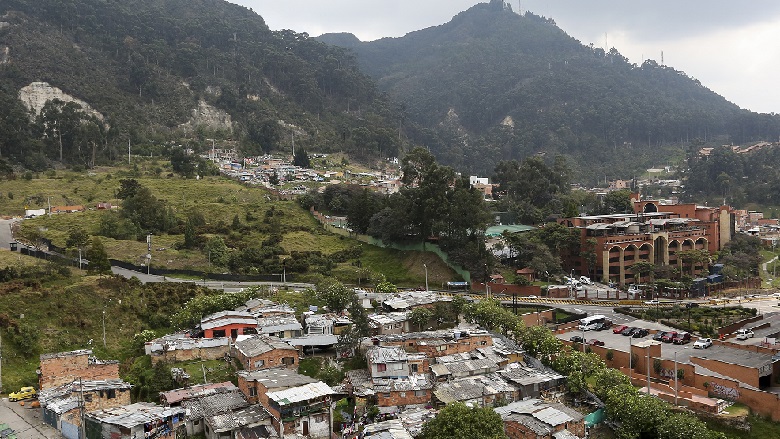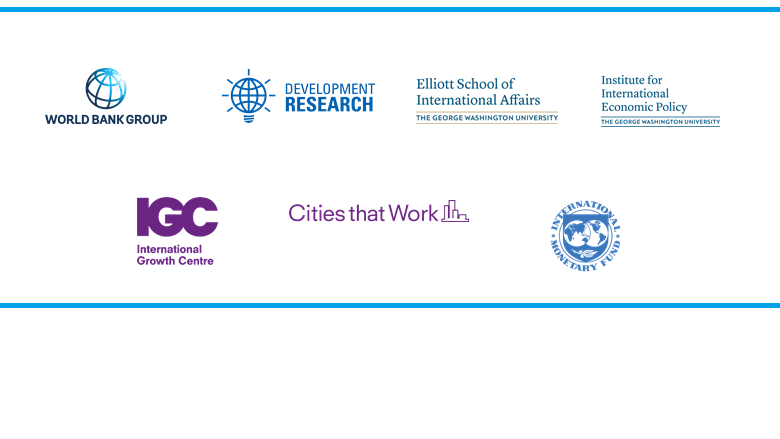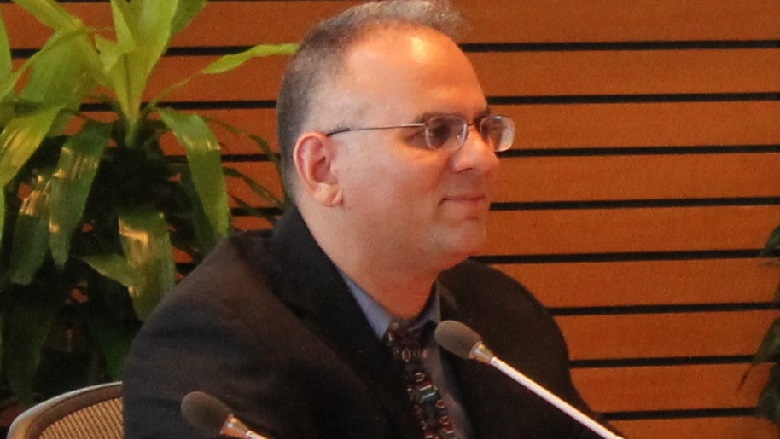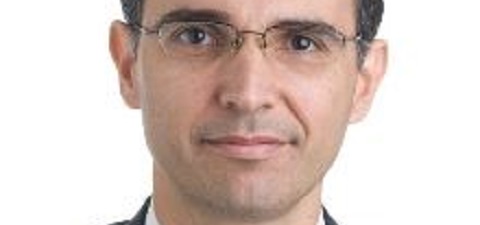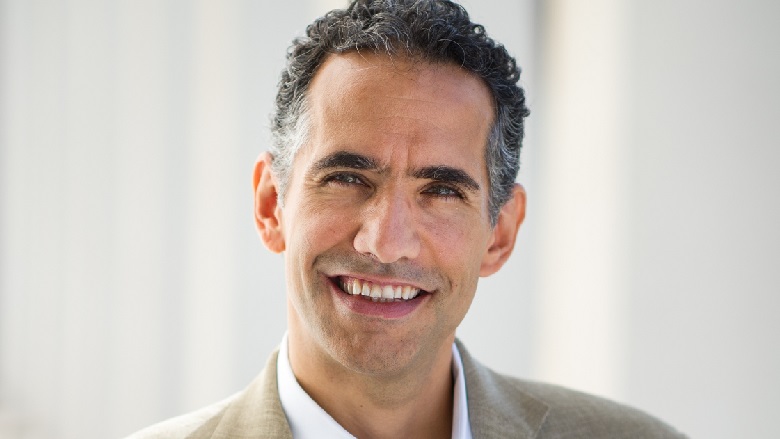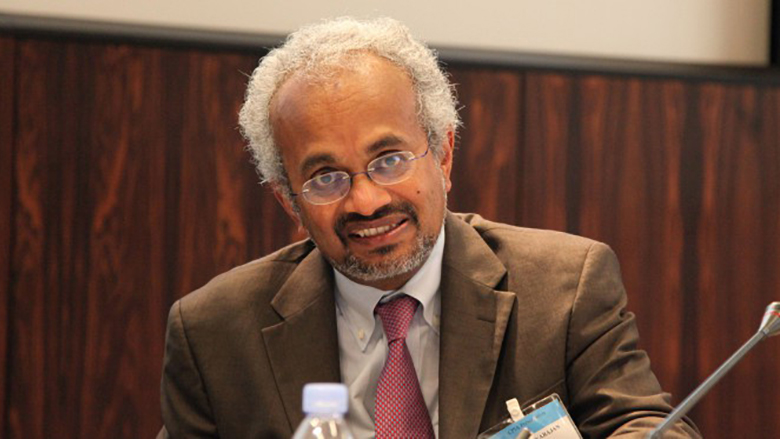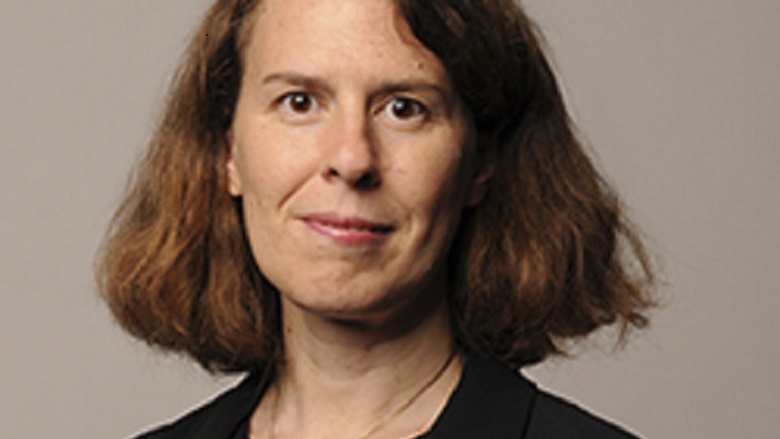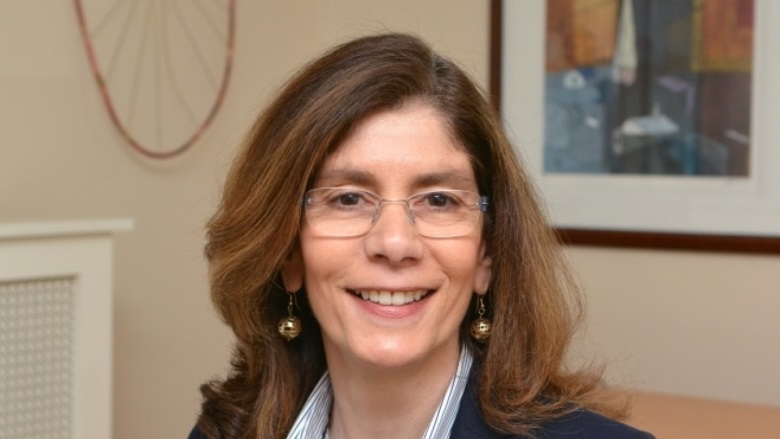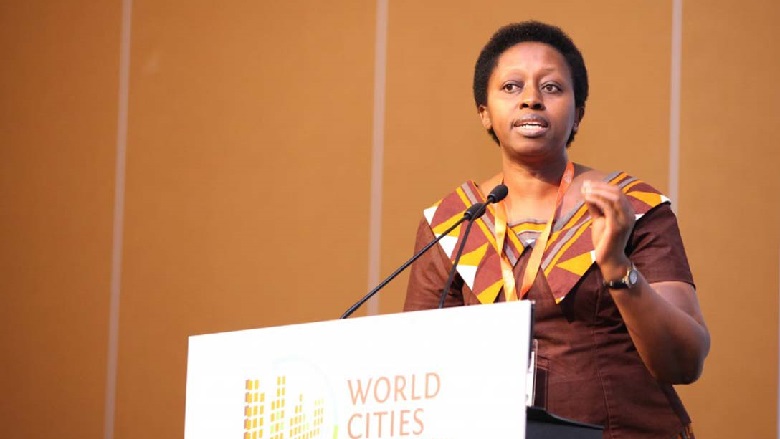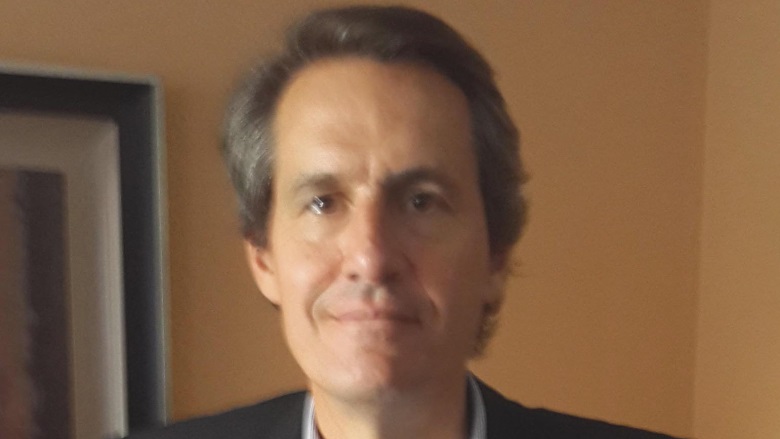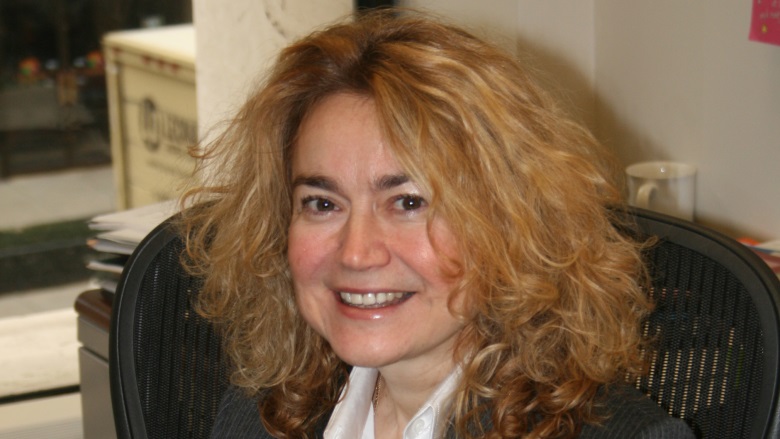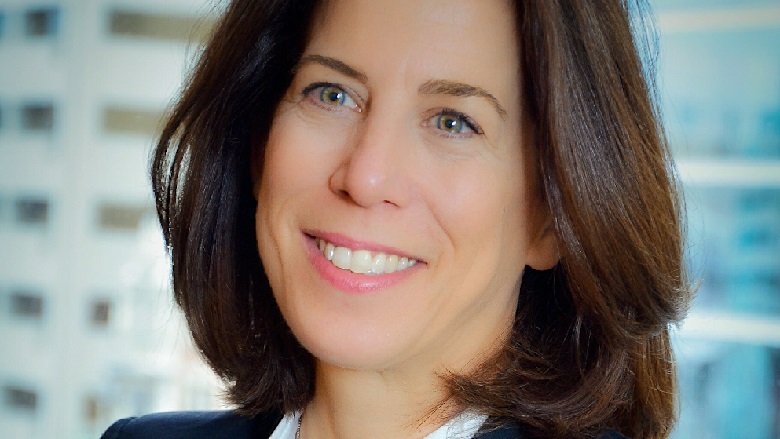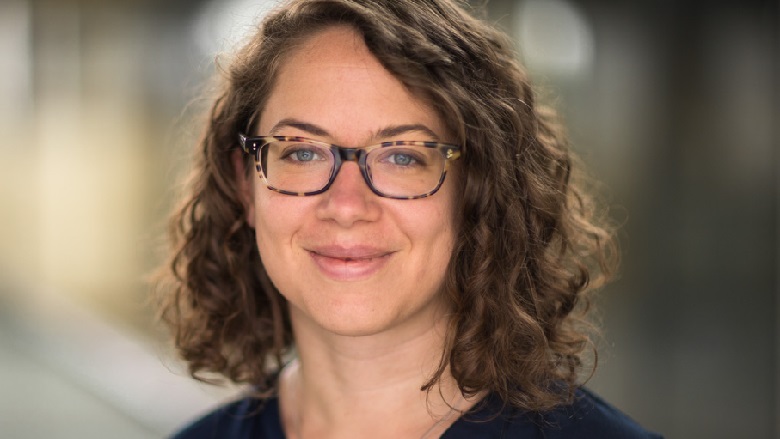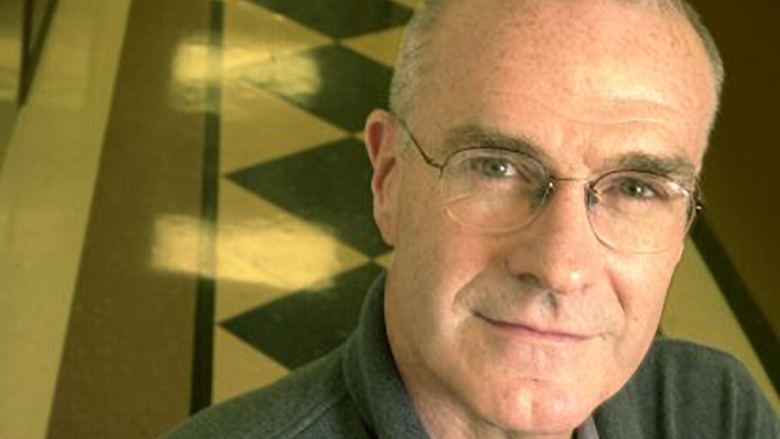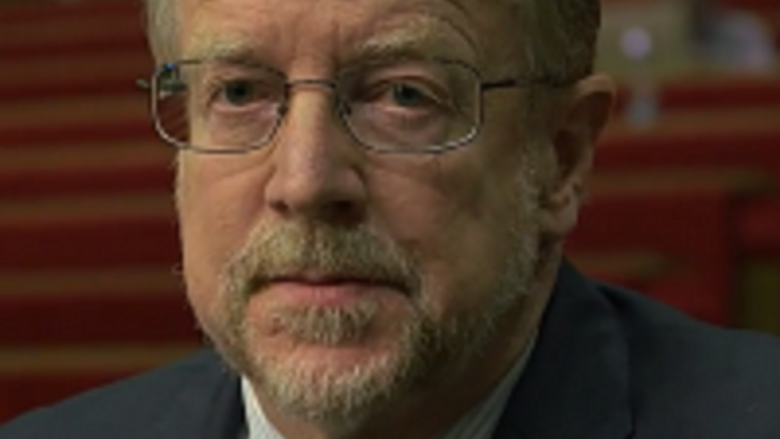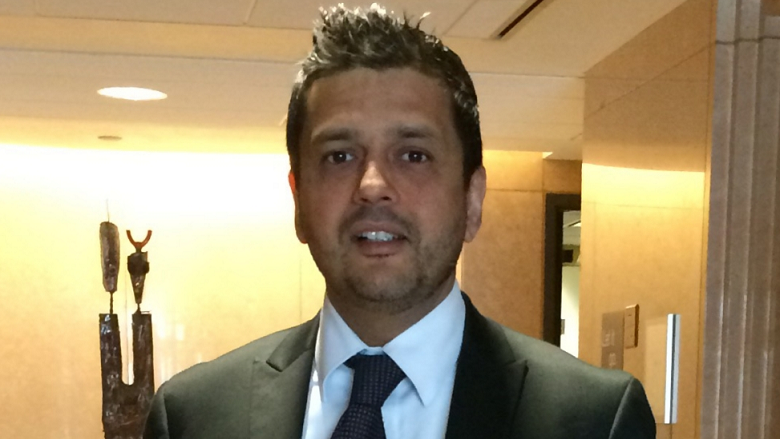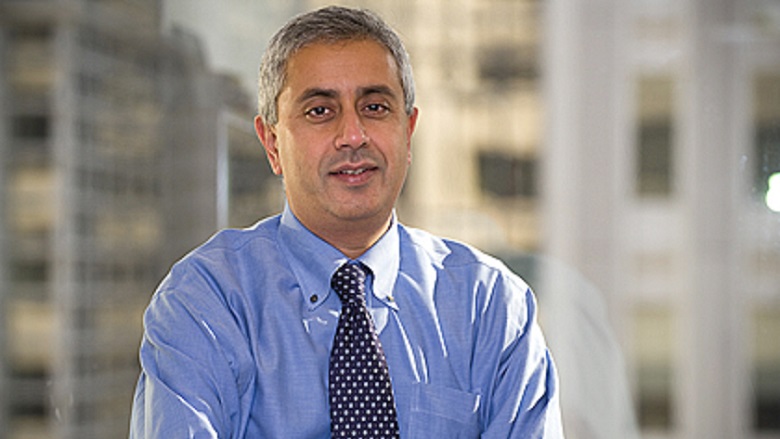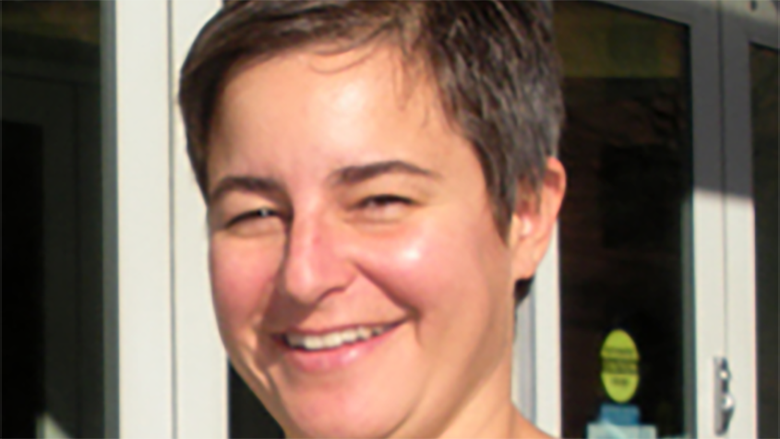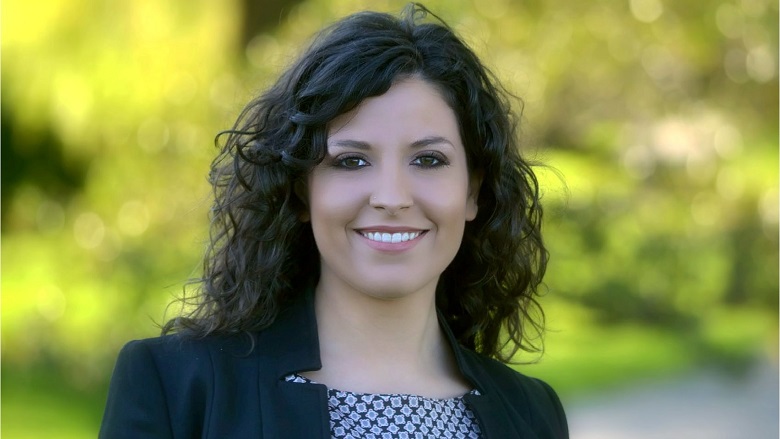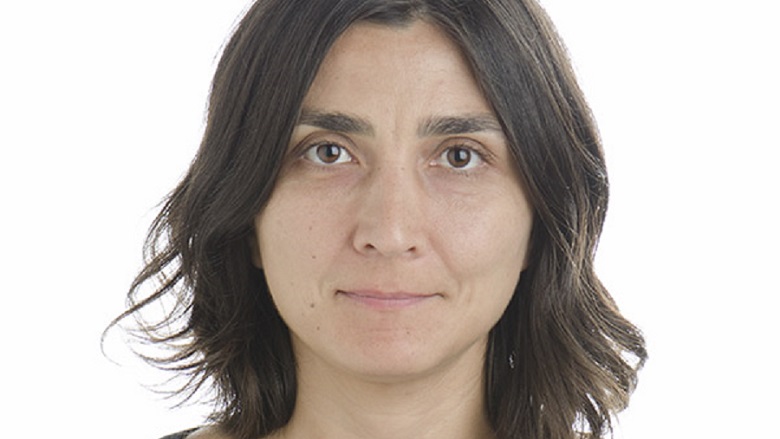Friday, September 7, 2018 |
| 9:00-10:45 | OPENING SESSION (Video) |
| WELCOMING REMARKS
Pinelopi Goldberg
Incoming Chief Economist and Vice President, World Bank |
| CHAIR AND MODERATOR
Shantayanan Devarajan
Senior Director, Development Economics, World Bank |
| | PANELISTS |
| | Tatiana Gallego Lizon
Division Chief, Housing and Urban Development, Inter-American Development Bank |
| | Edward Glaeser
Fred and Eleanor Glimp Professor of Economics, Harvard University, and International Growth Centre |
| | Aisa Kirabo Kacyira
Deputy Director, UN-Habitat, former mayor of Kigali |
| | Christopher Williams
Director, UN-Habitat New York Liaison Office |
| AUDIENCE Q&A (if time permits) |
10:45–11:00 | Coffee break |
11:00–12:30 | SESSION 1: THE SPATIAL ORGANIZATION OF CITIES - LAND (Video) |
| Mini Keynote: Informal land use (Presentation) Harris Selod
Senior Economist, Development Research Group, World Bank |
| Paper 1.1 Backyarding in South Africa (Presentation | Working Paper)
Jan Brueckner
Chancellor's Professor of Economics, UC-Irvine,
joint with Claus Rabe and Harris Selod |
| Paper 1.2 Colonial legacies: Shaping African cities (Presentation)
Vernon Henderson
School Professor of Economic Geography, London School of Economics,
joint with Neeraj Baruah and Cong Peng |
| CHAIR: Anna Wellenstein
Director, Social, Urban, Rural and Resilience Global Practice, World Bank
|
| DISCUSSANT
Mariaflavia Harari (Presentation)
Assistant Professor, University of Pennsylvania |
12:30–1:30 | Lunch break |
1:30–2:15 | KEYNOTE ADDRESS: THE GEOGRAPHY OF DEVELOPMENT (Video) Esteban Rossi-Hansberg (Presentation)
Theodore A. Wells '29 Professor of Economics, Princeton University |
| CHAIR
Asli Demirguc-Kunt
Director, Development Research Group, World Bank |
2:15–3:45 | SESSION 2: THE SPATIAL ORGANIZATION OF CITIES - TRANSPORT (Video) |
| Mini Keynote: Will the Rise of Ride Sharing Cause Increased Political Support for Urban Road Pricing? (Presentation)
Matthew Kahn
Professor of Economics, Spatial Sciences and Environmental Studies, University of Southern California – Dornsife
|
| Paper 2.1 Transport and land use in a developing city: Assessing road investments in Kampala, Uganda Julia Bird
Post-Doctoral Research Fellow in Economics, University of Oxford,
joint with Tony Venables |
| Paper 2.2 Who wins? Who loses? Understanding the spatially differentiated effects of belt and road within Central Asia (Presentation) Mathilde Lebrand
Lead Economist, Social, Urban, Rural and Resilience Global Practice, World Bank,
joint with Baher El Hifnawy and Somik Lall |
| CHAIR
Marianne Fay
Chief Economist, Sustainable Development Vice-Presidency, World Bank |
| DISCUSSANT
Leah Brooks (Presentation)
Associate Professor of Public Policy and Public Administration, George Washington University |
3:45–4:00 | Coffee break |
4:00–5:30 | SESSION 3: URBANIZATION, GROWTH, AND DEVELOPMENT (Video) |
| Mini Keynote: Rural-Urban Linkages and Frictions (Presentation)
Douglas Gollin
Professor of Development Economics, University of Oxford |
| Paper 3.1 In search of a spatial equilibrium in the developing world (Presentation)
Martina Kirchberger
Assistant Professor in Economics, Trinity College Dublin,
joint with Doug Gollin and David Lagakos |
| Paper 3.2 Does population reflect city size? Theory and evidence from within and across rich and poor countries (Presentation)
Prakash Loungani
Advisor, Independent Evaluation Office, International Monetary Fund,
joint with Remi Jedwab and Anthony Yezer |
| CHAIR
Chris Papageorgiou
Division Chief, Development Macroeconomic Division, Research Department, International Monetary Fund |
| DISCUSSANT
Deniz Igan (Presentation)
Deputy Division Chief, Research Department’s Macro Financial Division, International Monetary Fund |
6:00–7:30 | Cocktail Reception |
| George Washington University
Elliott School of International Affairs
Lindner Commons Room (6th floor)
1957 E Street, NW, Washington, DC Intersection of E and 19th Streets, on E Street
5-minute walk from the World Bank |
| WELCOMING REMARKS
Maggie Chen
Director of Institute for International Economic Policy (IIEP) and Professor of Economics and International Affairs, George Washington University |
